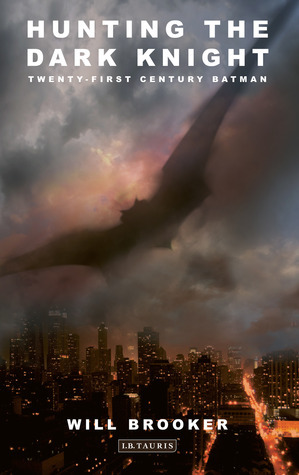What do you think?
Rate this book


256 pages, Paperback
First published May 31, 2012
“Batman is, and has always been, also a figure of carnival.”Carnivals are descendants of ancient religious festivities and one would be remiss if not reminded of Bruce’s:
“Criminals, by nature, are a cowardly and superstitious lot.”Et toc!